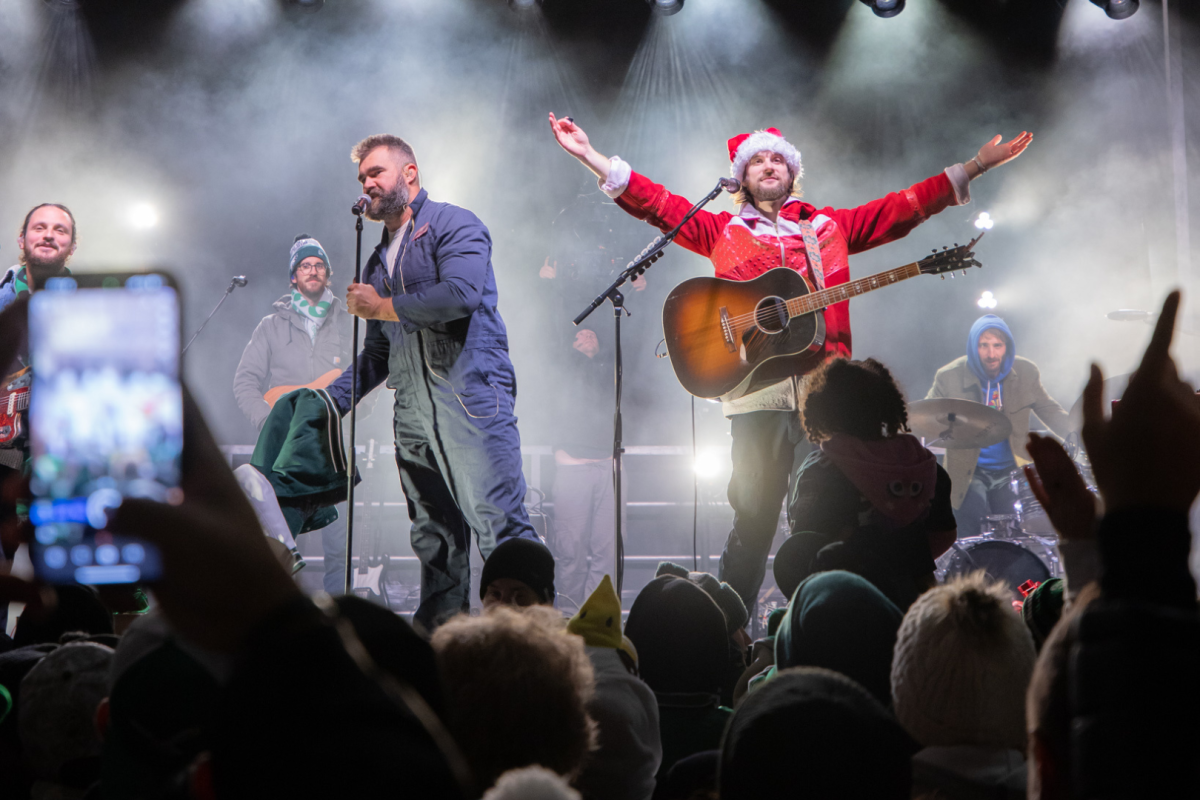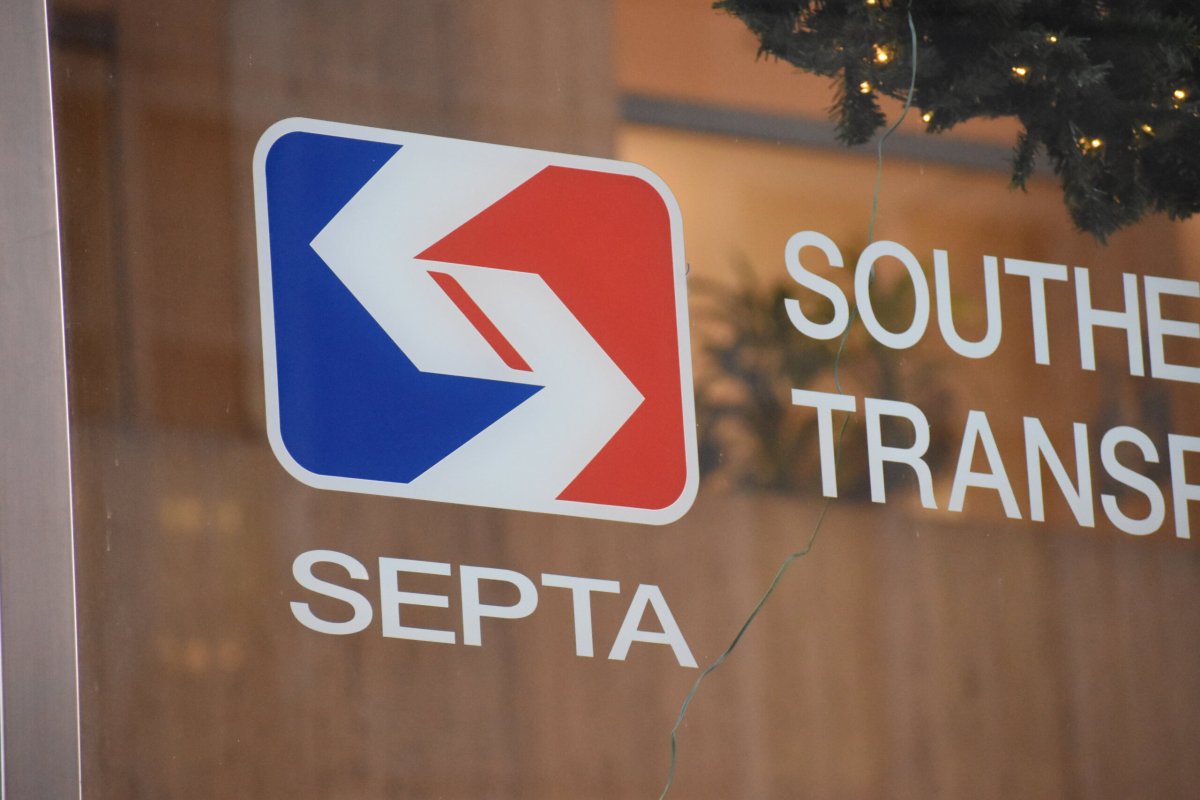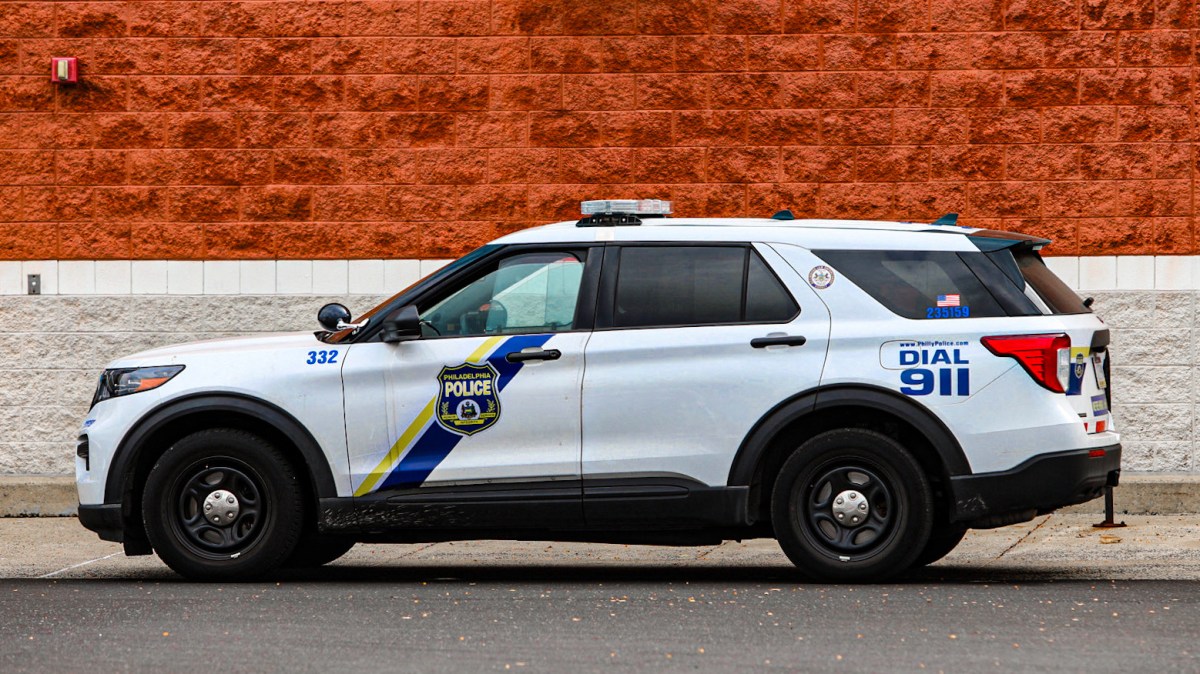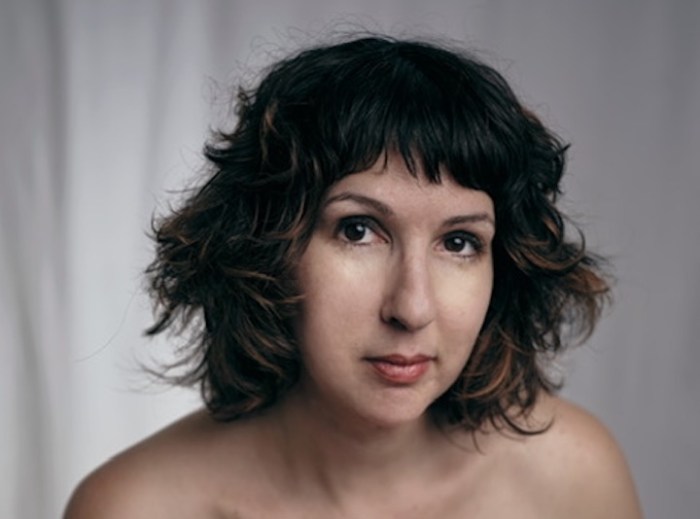By Jeffrey Heller
JERUSALEM (Reuters) – World leaders voiced alarm at resurgent anti-Semitism on Thursday as they gathered at Israel’s national Holocaust Memorial to mark the 75th anniversary of the liberation of the Nazi death camp Auschwitz.
Israeli Prime Minister Benjamin Netanyahu and U.S. Vice President Mike Pence also castigated Iran in their speeches to the World Holocaust Forum, accusing it of rabid anti-Semitism and of seeking Israel’s destruction.
Leaders of Russia and France looked closer to home in lamenting the killing of six million Jews in Europe during World War Two by the Nazis and vowing to combat rising anti-Semitism.
German President Frank-Walter Steinmeier told the conference at the Yad Vashem memorial center that he bowed his head in “deepest sorrow (for) the worst crime in the history of humanity” committed by his countrymen.
“I wish I could say that we Germans have learned from history once and for all. But I cannot say that when hatred is spreading,” he said.
Steinmeier spoke in English rather than in German, a choice made, his office said, to avoid causing any distress to Holocaust survivors in the audience.
Russian President Vladimir Putin said it was vital to oppose xenophobia and anti-Semitism everywhere.
“You just said that it’s not known where anti-Semitism ends,” Putin told Israeli President Reuven Rivlin at a meeting before the conference convened.
“Unfortunately we do know this — Auschwitz is its end-result.”
Putin later met Palestinian President Mahmoud Abbas in the occupied West Bank. In remarks to reporters, Abbas said he and Putin needed to discuss “regional issues”, including U.S. President Donald Trump’s long-awaited Middle East peace plan and Israeli proposals “to annex Palestinian lands”.
A global survey https://global100.adl.org/about/2019 by the U.S.-based Anti-Defamation League in November found that global anti-Semitic attitudes had increased, and significantly so in Eastern and Central Europe. It found that large percentages of people in many European countries think Jews talk too much about the Holocaust.
More than one million people, most of them Jews, were killed at the Auschwitz-Birkenau camp in Nazi-occupied Poland. Israel hailed the memorial conference, attended by more than 40 world leaders, as the biggest international gathering in its history.
IRAN DENOUNCED
In his speech to the forum, Netanyahu denounced Iran as “the most anti-Semitic regime on the planet” and vowed that Israel would always defend itself against those out to destroy it.
Netanyahu has long accused Iran of seeking nuclear weapons, an allegation it denies.
Pence, in his comments, described Iran as the one country “that denies the Holocaust as a matter of state policy and threatens to wipe Israel off the map”. After the conference, he visited Judaism’s holy Western Wall in Jerusalem with Netanyahu.
Other guests at the commemoration included French President Emmanuel Macron and Britain’s Prince Charles.
Warning of the “dark shadow of anti-Semitism”, Macron met French survivors of the Holocaust at a memorial near Jerusalem to some 76,000 Jews arrested in wartime France and transported to death camps such as Auschwitz, where most died.
One notable absentee from Thursday’s commemoration was President Andrzej Duda of Poland, who turned down his invitation because he was not allowed to speak at the conference unlike wartime victors the United States, Russia, Britain and France, or Germany.
Polish leaders have also been angered by comments made by Putin last month suggesting Poland shared responsibility for the war. Poland, which was invaded first by Nazi Germany and then by Soviet forces in September, 1939, sees itself as a major victim of the war, in which it lost a fifth of its population.
Poland will host its own ceremony at the Auschwitz-Birkenau Memorial and Museum on Jan. 27, as it does every year.
(Additional reporting by Justyna Pawlak in Warsaw, Darya Korsunskaya in Jerusalem and Sabine Siebold in Berlin; Editing by Gareth Jones and Catherine Evans)
























